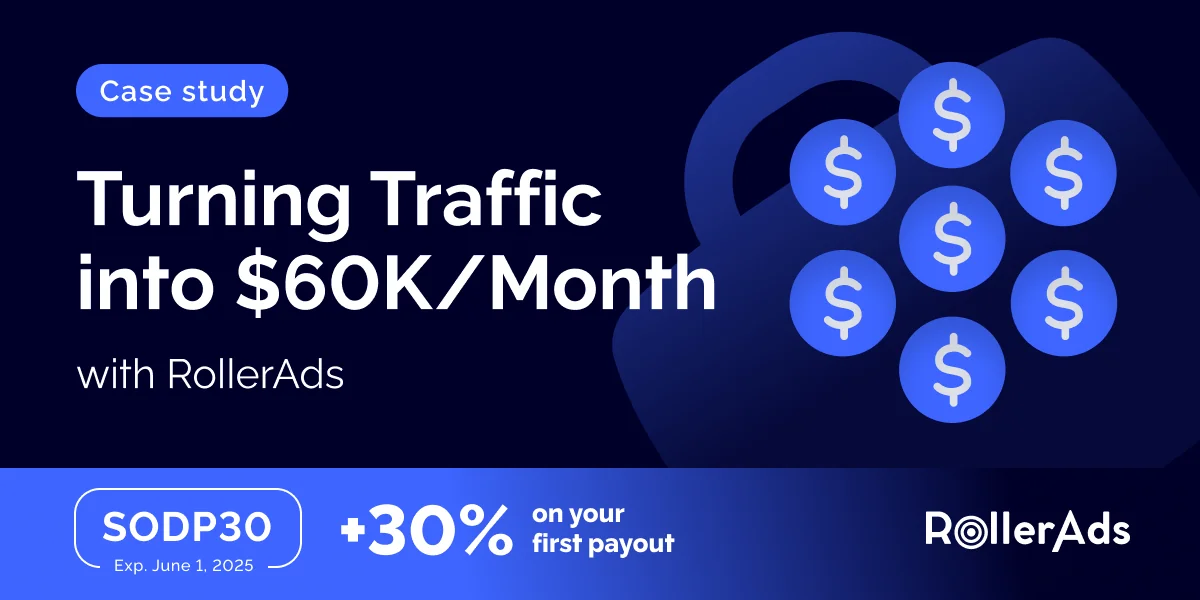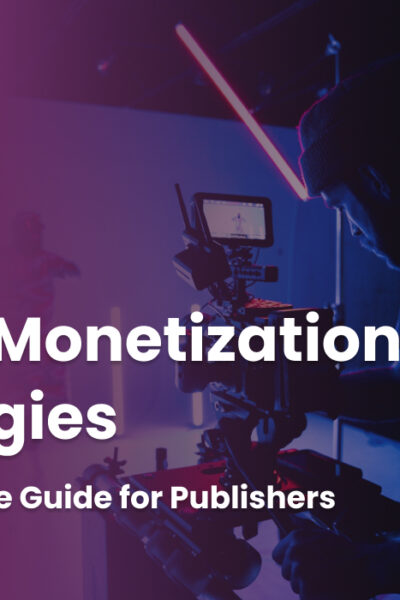Can you provide a background of your company?
Founded in 2006 and headquartered in Boulder, Colorado, Sovrn provides intelligent advertising technology products that enable independent, interest-based publishers to monetize online content simply and effectively. We strongly believe in the value of authentic, passionate content creators and storytellers, their unique connection with audiences, and the synergy this brings to advertisers. The Sovrn exchange enables our advertising partners to reach over 170 million active and engaged readers every day via more than 40,000 high quality independent websites, delivering true value for ad spend.
What business problem are you trying to solve?
In a digital age dominated by major media platforms, it can be challenging for independent publishers to generate the revenue they need to fund quality content creation and grow their businesses. We address this issue by providing these publishers with a range of monetization tools, technologies and services, as well as access to a massive data commons that delivers exceptional insight to maximize revenue.
We’re also passionate about raising standards in the advertising industry, and are proud to have led anti-fraud, pro-transparency initiatives that promote fair market principles, net neutrality, and healthy relationships between publishers and advertisers. Our technology outperforms global market averages in highest viewability scores and lowest fraud rates, and we’ve achieved the highest possible industry certifications.
How are current data privacy regulations affecting publisher monetization?
Consumer data is used heavily for targeting and personalization in digital advertising so, before the EU’s General Data Protection Regulation (GDPR) came into effect, there was understandable concern that a reduction in data availability would adversely affect publisher ad revenues. This doesn’t appear to be the case, however, with Digiday research revealing the GDPR has not reduced programmatic ad revenues among European publishers.
In fact, compliance with the GDPR is enabling publishers to boost ad revenues. When programmatic inventory contains a consent string in the bid, advertisers can see the user has actively agreed to their data being used for targeted advertising, making them more likely to engage with messaging. Buyers are therefore willing to pay more for programmatic impressions that contain a consent string.
The GDPR is positively changing the way publishers monetize their content. Because they have direct relationships with consumers, publishers are data-controllers who shoulder compliance responsibility, not only for their own data practices, but also those of their tech partners, or data processors. For this reason, publishers are reducing the number of monetization partners they work with and limiting relationships to a small number of trusted providers, which is naturally driving quality and transparency across the ecosystem. We expect this trend to continue as the California Consumer Privacy Act (CCPA) and other data regulations begin to have an impact.
How can publishers adapt to ensure they maximize revenue in a pro-privacy era?
Rather than getting bogged down in the detail of individual regulations, publishers must look at the broader picture and accept consumers have an essential right to privacy. They deserve an in-depth explanation of what happens to their data and the right to choose whether or not they are comfortable with that.
With the push towards privacy legislation showing no signs of slowing, publishers must welcome data privacy into their core business models, rather than try to find ways around it. As a result, they will enjoy stronger relationships with consumers, based on mutual trust and respect, which will in turn enable healthy and sustainable revenue generation. A key part of this approach is choosing to work with monetization partners that are committed to data privacy and to creating a more customer-centric, transparent, and trustworthy online ecosystem.
The California consumer privacy act (ccpa) is in effect, but the attorney general’s office won’t begin enforcement for another few months. What should publishers be doing to ensure they are compliant before then?
Even if publishers don’t think the CCPA applies to them, they should still take steps to ensure compliance. Essentially, this means gaining a solid understanding of what data they collect, what it is used for, where it is stored, and who it is shared with. If possible, publishers should streamline data practices, so all data is stored in a single system, increasing control and reducing the risk of leakage. This approach also makes it easier to fulfill consumer requests for data disclosure.
Data practices should then be communicated clearly to consumers, along with a mechanism that allows them to opt out of data collection, processing, and sharing. Ideally, publishers will implement a CCPA-compliant consent management platform (CMP). This technology manages what data consumers have consented to be used – and for what purposes – and allows downstream advertising partners to understand individual consumer preferences. The IAB has released a CCPA Compliance Framework for Publishers and Technology Companies, to assist this process, including a U.S. Privacy String. Publishers should consider whether they want to sign the Agreement as part of the framework, and talk to their advertising partners to find out whether a signature is needed to continue serving targeted ads.
Content from our partners
Are there any alternative revenue streams you would recommend for publishers looking to evolve their business model?
Relying on a single revenue stream to support any business is unlikely to be sustainable so, while display advertising will undoubtedly remain a central source of income for publishers, they should explore complementary options for incremental revenue. Direct reader revenue sources such as subscriptions have a natural limit as consumers are only willing to pay so much for content, but alternatives, such as commerce, have far greater potential. Global e-retail revenues are predicted to exceed $6.5 trillion by 2022, and publishers can claim a share of that.
There are a variety of tools available to help publishers monetize their content through commerce, and there are three simple rules they must follow. The first is to be authentic, only promoting products they have genuine experience with that are consistent with the voice of the publication. Second, they must provide real value, delivering useful and detailed advice on the products or services audiences should invest in. Finally, they must be intentional, actively and openly promoting products rather than attempting a covert approach. Publisher content already influences consumer choices and drives purchasing behavior, so it may as well generate revenue in the process. In a continually evolving digital landscape, revenue diversification should be a high priority for publishers.












